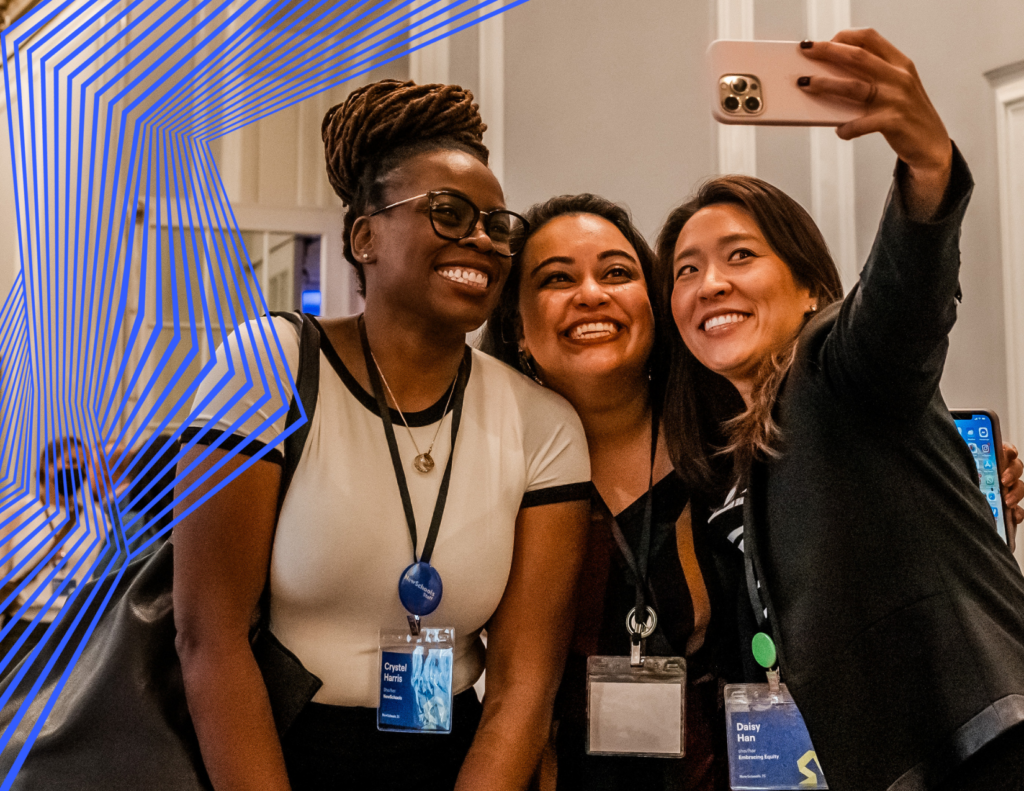 By Tory Gattis, Social Systems Architect and Founder of OpenTeams
By Tory Gattis, Social Systems Architect and Founder of OpenTeams
This post is an attempt to introduce some controversial buzz into the conversations at the summit: Is it possible our whole approach to reforming education is wrong? And by wrong, I don’t mean failing – great things are definitely happening – but wrong in the sense that we’re making progress too slowly given the size and urgency of the problem. Even today, after nearly two decades, less than 3% of students are in charter schools, and only a modest portion of those are in the best high-performing charter schools. And the pace of change in non-charter public schools is glacial. Even if they wanted to do more time-on-task like the most successful charter schools are doing, they lack the budgets to pay teachers for the additional time.
Traditional efforts have focused on top-down, command-and-control solutions like standardized testing, incentive pay, performance accountability and better teacher and principal training. But as management guru Gary Hamel likes to point out, you can command compliance, but not enthusiastic engagement – and engagement is seriously lacking in many of our classrooms, by both teachers and students.
- Teaching to the standardized test is narrowing, diluting, and dulling the education experience.
- Author Daniel Pink points out studies in his book “Drive” showing that incentive pay fails to improve performance on highly cognitive and creative tasks like teaching and learning (and can even make it worse). Instead, Autonomy, Mastery, and Purpose are the drivers of motivation.
- We search for the secret to great teaching, but is it realistic to expect a national army of super-teachers that can compellingly engage 25 different kids at different levels of knowledge every hour all day without burning out? (a goal akin to demanding that every college physics department in the country only have Einstein-equivalents on the faculty)
- Is our obsession with teacher performance accountability like firing the slowest horse jockeys, when what we really need to do is invent the car? Any car driver will always beat the fastest jockey and horse.
I will assert to you that the traditional classroom is as archaic as horses are to cars:
- An industrial/factory model deeply demotivating to students
- Boring lectures and homework, requiring heavy discipline and ADHD over-medication to keep kids focused
- Kids driven into a passive-aggressive “do what you’re told” mode, embracing the minimum to get by or simply dropping out
So what does it mean to “invent the car” in an education context? How does this sound:
- Basic learning transferred online (often outside of class) with a 100% competency/mastery model at their own pace, like, for example, Khan Academy. I recently toured a math class experimenting with Khan Academy where numerous kids had progressed well into Algebra and even Trigonometry – in 5th grade!
- Gamification of that online learning environment to make it more compelling to students: points, levels, badges
- Student performance feedback dashboards for teachers, so they can be comfortable every student is making progress on the basic knowledge required for the standardized tests
- Now class time is freed up for fun, engaging, more well-rounded, cross-disciplinary project-based learning, like, for example, robotics teams
- Project-based learning teaches the critical 21st-century skills kids need like collaboration, leadership, debate, creativity, and self-directed learning.
- Motivated students because the new approach meets the two core needs of kids, feeling truly successful (mastery model) and having fun with friends (social, team-based projects) (see the newest edition of Clayton Christensen’s “Disrupting Class” book)
- Teachers get to shift from being lecturers and disciplinarians to learning architects, coaches, and mentors
Sound good? It gets better. Look at that list of bullet points. There’s nothing stopping any individual teacher in America from transforming their classroom to this model – no top-down school or district transformation required. The internet is a cornucopia of free online learning experiences, as well as curricula for project-based learning. Computers and smart phones are virtually ubiquitous with students. In fact, there’s nothing stopping tech-savvy students from pulling together online and project-based learning ideas from the internet and proposing them to their teachers. Why would they do that? Because they want a fun, engaging, successful, and social classroom experience even more than the teachers do.
The vision is there. The tools are there – and getting better. All we need now is a movement to spread this concept virally, bottom-up, one classroom at a time. I have some ideas, and would love to hear your thoughts. Find me at the summit (I can be texted at 713-269-9373), or email me at tgattis (at) gmail.com. I very much look forward to seeing you there.
Tory Gattis is the Social Systems Architect and Founder of OpenTeams collaboration software as well as a new education technology startup currently in stealth mode. His “Bossless Organization” concept recently won the Management Innovation Prize. He also serves in a strategic advisory capacity to YES Prep charter schools in Houston, and writes a City Brights blog for the Houston Chronicle. He is a former McKinsey consultant with an MBA and BSEE from Rice University, where he is an adjunct faculty fellow with the Center for Engineering Leadership.

